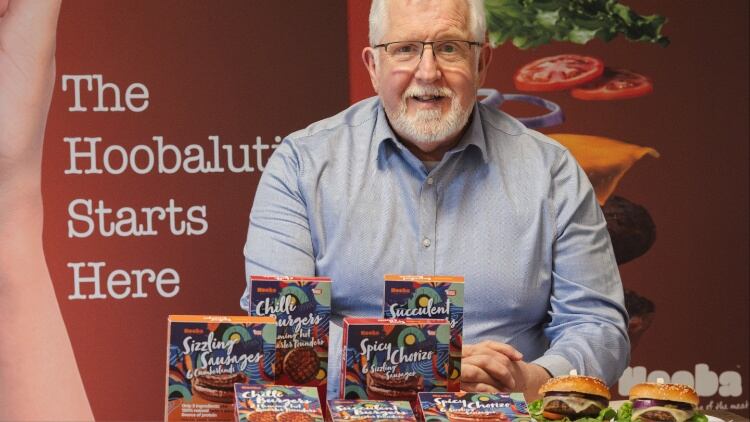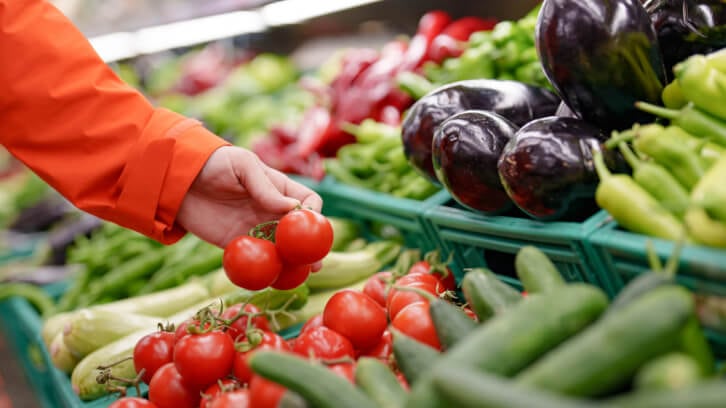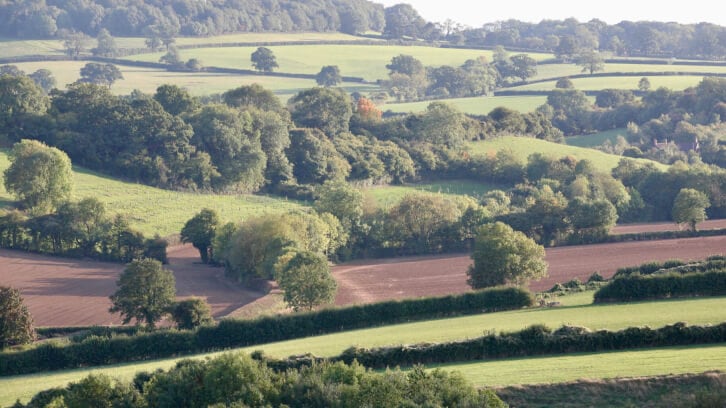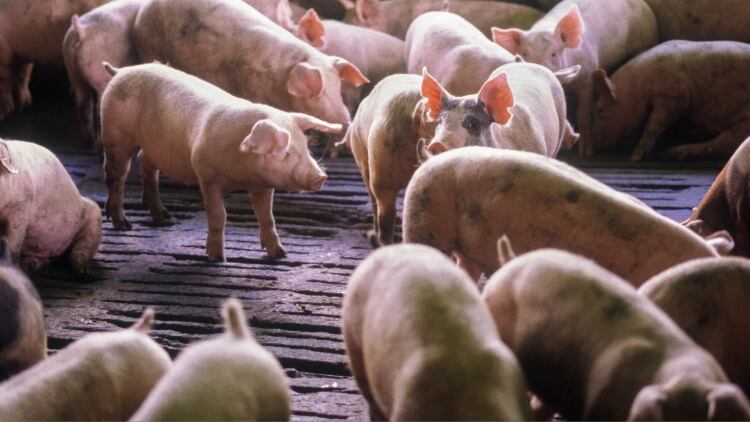In late 2019, Shepherd and his fellow Myco co-founder Julian Croslegh were the toast of Philadelphia’s mushroom scene, embarking on a whistle-stop tour of a city regarded as the fungi capital of the States to drum-up backing for their fledging business.
“We were meeting four customers each day and there was an incredible buzz around Myco,” recalled Shepherd.
“We were all ready to go – then the world stopped.”
As Covid struck, it forced the pair to pause the rollout. But now Myco is back and intent on making a difference.
Equipped with millions in funding and one of the more unique food production sites in the UK, Myco recently launched its first ever range of products using Hooba, a plant-based protein that has been in development for the past eight years.
Hooba is manufactured under the same roof in Yorkshire as the oyster mushrooms from which it is made are grown. According to Shepherd, there’s “nowhere else like it in Britain”.
“Every stage of production takes place under one roof, which means zero food miles, and we even use AI to grow the mushrooms,” he added.
“The pandemic was a real kick-in-the teeth for everyone, including ourselves.
“However, it allowed us to take stock of how we could best fulfil our goal of creating a plant-based protein that could genuinely help the planet.
“We’ve used the time to our advantage to improve our manufacturing process, and in terms of innovation and sustainability, I think what we’ve done at Myco could prove to be the gold-standard in this industry.”
The Leeming Bar unit where Myco is based at a 20,000 square feet production site nestled in the shadow of the A1.
Inside, thousands of oyster mushrooms are grown at once in a vertical farm, where fungi grown in just a few cubic metres can produce huge yields.
The production unit was selected largely due to its proximity to the A1, as it again lowers the food mileage involved in Hooba’s production.
However, that isn’t the only eco-benefit given sustainability is at the very essence of Myco’s business model.
“Every decision we make in terms of Hooba’s production, or just as a business, is made with our planet in mind,” added Shepherd.
“Hooba came about simply because we realised there was enormous wastage in mushrooms that are processed. Around half of the mushroom was chucked away, so we thought ‘why not turn that waste into a mince?
“With just five locally sourced ingredients and a sprinkle of seasoning, Hooba was born, and it is a far more sustainable product than the likes of soya, which is imported from South America at an enormous cost to the environment and dramatically inflates that product’s carbon footprint.
“Our approach is the complete opposite - everything is locally sourced and we ultimately want to become a carbon negative business.
“We have plans to eventually to create a system on-site where our excess mushroom waste will be converted into biomass which will power Hooba’s production.”
Myco’s burger received great feedback during a recent sampling session held at its site, with 10,000 already produced in order to support the launch.
And with Myco also manufacturing 20,000 sausages ahead of the summer BBQ season, the firm is entering phase one of what it hopes will eventually be a far bigger operation – with the production unit capable of accommodating 70 staff. However, it won’t just be humans making Hooba.
“One of the most innovative aspects of the site is our use AI, as that ensures we have the optimal growing conditions for our mushrooms,” added Shepherd.
“AI constantly monitors the growing conditions, like C02 and temperature, whilst we have cameras in place that work alongside AI to tell us the perfect time to harvest them.
“We are even working on a ‘self-harvesting system’ to give us a perfect yield time-after-time.”
The dawn of AI, and Myco’s willingness to embrace innovation, is one benefit brought on by the delay caused by the pandemic.
However, having initially formed in 2016, it also means that Myco has been able to treat the lengthy development of its range as a labour of love.
Enormous effort has been put into not only developing a plant-based protein that tastes like meat, but also has the same texture and mouthfeel.
And according to Shepherd, that was “crucial”, given that was identified during development as a major stumbling block to Myco’s mission to lower global meat consumption by creating a product that even the strictest of carnivores doesn’t mind using.
And with the initial product roll-out now underway, the management team have already secured deals with wholesalers and suppliers to stock their sustainable range of bangers and burgers – while the hope is that the next funding round will allow Myco to further expand the vertical mushroom farm to full capacity.
But with the planet at the heart of Myco’s business model, while they still want the business to be a success, Shepherd admits the greatest legacy wouldn’t necessarily be huge profits.
“I blame my generation for the crisis facing our planet and now that I’m a grandfather, I want to do something good for them,” he added.
“The planet is getting a lot warmer. That’s undeniable. But the good thing about Myco’s model is that we have effectively created a flat-pack site that can be replicated anywhere on Earth.
“My hope is that our production site can become the blueprint for sustainable food production – and if that can help give this planet a future, then we know we’ve done our bit.”
In other news, the development of intensive pig farming practices during the 20th century led to the spread of antibiotic-resistant Salmonella around the world, according to a new study by researchers at the University of Warwick.





